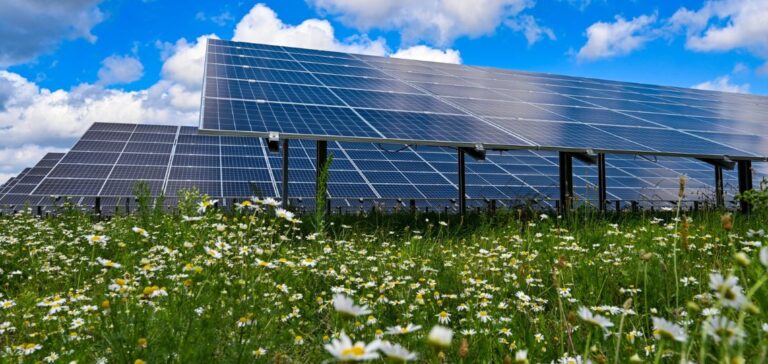The EU (European Union) adopts an emergency law on solar energy to meet the needs of a solution to the energy crisis.
Coping with the crisis
The EU aims to respond in favor of a structural and renewable solution to the energy crisis. From January 2024, a maximum of three months for the administrative regulation part will be put in place. EU countries will then be able to deploy solar projects more quickly and easily.
The goal is to reach 60GW of solar energy by next winter. This decision marks the first emergency measure for renewable energy. In addition, this 60GW represents a business opportunity that is of interest to companies like SolarPower Europe.
Projects of less than 50Kw can even benefit from a maximum delay of one month. Nevertheless, their size can be reduced to 10.8Kw in case of network constraints. In addition, the new EU regulation is expected to come into effect in January 2023 and last for 18 months.
An emergency and temporary measure
This is a temporary measure, created to bridge the gap until the European directive on renewable energy is updated. The new framework will apply to all projects until 2024. Moreover, by applying this regulation, each country of the Union will give its definition of an artificial surface.
Walpurga Hemetsberger, CEO of SolarPower Europe says:
“The energy crisis requires an emergency response. The IEA (International Energy Agency) puts our needs at 60 GW of solar to make up for Russian gas.”
Dries Acke, Policy Director at SolarPower adds:
“One month is enough time to do an initial evaluation of solar projects on man-made surfaces. This time frame will allow for a much faster transition from theory to practice on many solar projects.”
SolarPower Europe’s annual solar energy report reveals that the EU will install 41.4GW of solar energy by 2022.
This represents a growth of 47% compared to 2021. However, the European institutions have just given a boost to the solar sector by changing the regulations. This momentum should lead to a multiplication of projects.





















